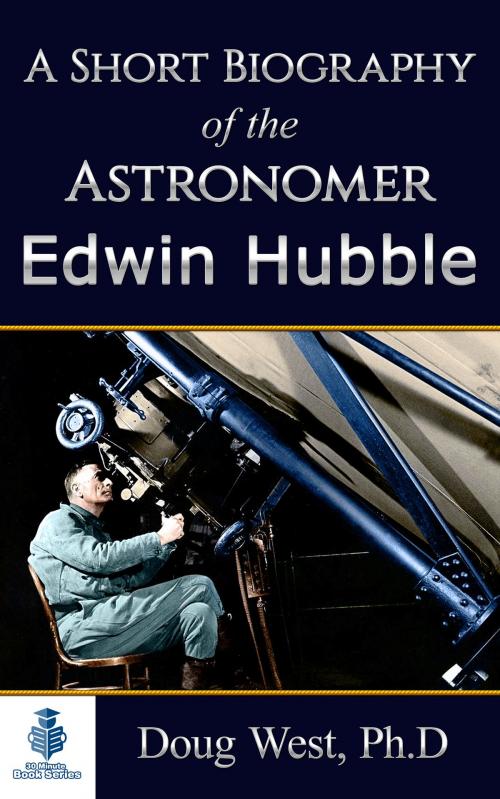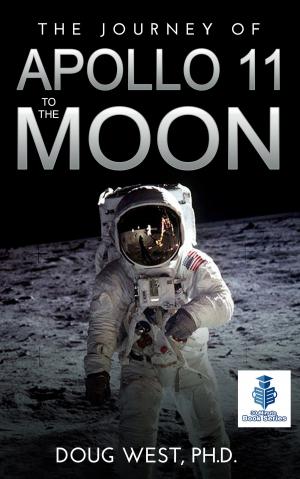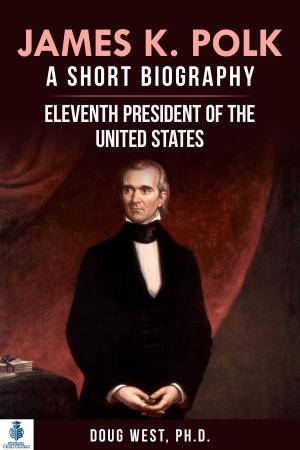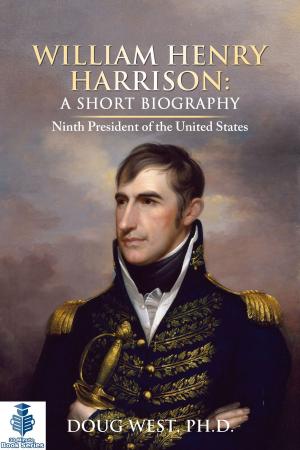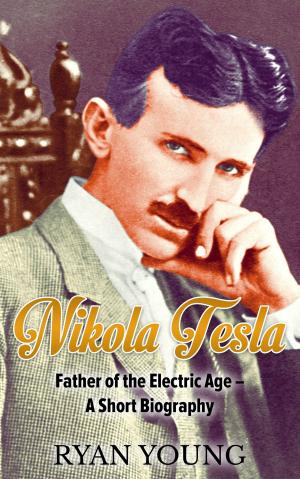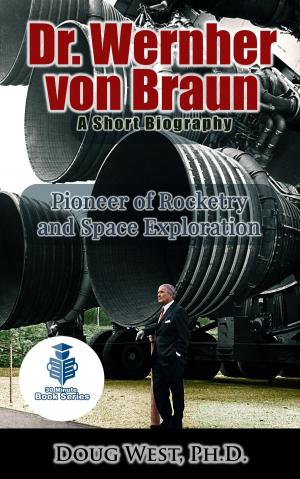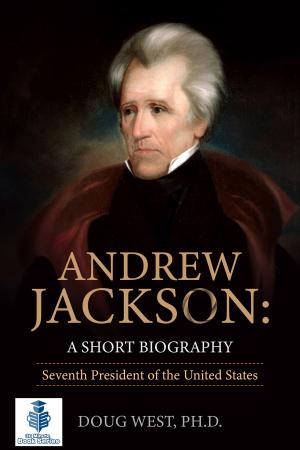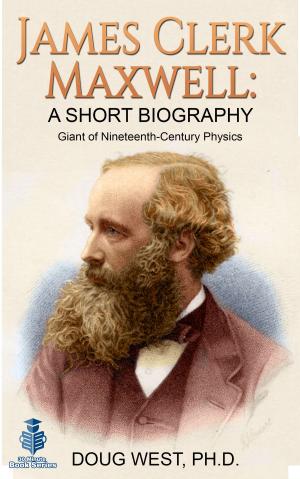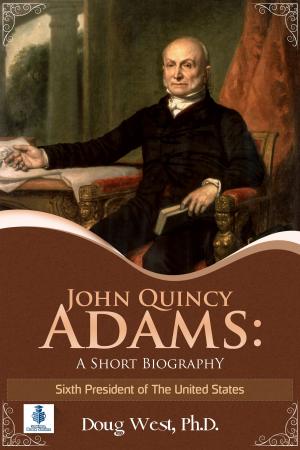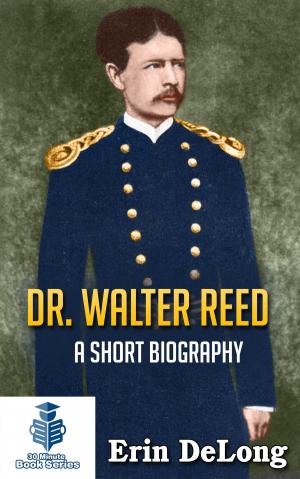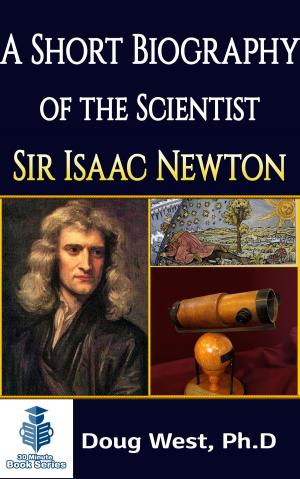| Author: | Doug West | ISBN: | 9781311867018 |
| Publisher: | Doug West | Publication: | June 22, 2015 |
| Imprint: | Smashwords Edition | Language: | English |
| Author: | Doug West |
| ISBN: | 9781311867018 |
| Publisher: | Doug West |
| Publication: | June 22, 2015 |
| Imprint: | Smashwords Edition |
| Language: | English |
Edwin Hubble was a man ahead of his time. For him, only astronomy really mattered. He took advantage of the opportunity given to him to use the most advanced telescope of his time to determine the truth behind the most distant clouds of light visible to Earth-based observers. His major discoveries changed our knowledge of our place in the universe forever. His determination that the universe is expanding served as the foundation for the Big Bang Theory, which proposes that the entire universe started as an intense energy bust occurring at a single moment of time. He made observations and drew intelligent assumptions from it. In the process, he founded a new discipline that has now contributed much to our knowledge the forces and the nature of matter that make up the universe.
Hubble’s work offered evidence that changed humankind’s perception of the universe. He wanted to find something unexpected, and he did so admirably. The impact of his declaration that the galaxies are hurtling away from each other, and that the space between them is expanding as time goes by can be felt until now. The proponents of the Big Bang Theory used Hubble’s observations in setting down their basic assumptions. Modern astrophysicists theorize that as a consequence of this expansion, it is possible that at a certain point, this instability will lead to a reversal of the expansion and the universe itself will end in a Big Crunch. Another theory presents the possibility of an unending expansion that will also lead to the death of the universe due to cooling and distension.
In “A Brief History of Time,” Stephen Hawking, the preeminent British astrophysicist stated that Hubble’s discovery of the expanding universe was “one of the great intellectual revolutions of the 20th century.” As part of Edwin Hubble’s legacy, NASA honored this great astronomer by naming the first orbiting space telescope the “Hubble Space Telescope.”
Edwin Hubble was a man ahead of his time. For him, only astronomy really mattered. He took advantage of the opportunity given to him to use the most advanced telescope of his time to determine the truth behind the most distant clouds of light visible to Earth-based observers. His major discoveries changed our knowledge of our place in the universe forever. His determination that the universe is expanding served as the foundation for the Big Bang Theory, which proposes that the entire universe started as an intense energy bust occurring at a single moment of time. He made observations and drew intelligent assumptions from it. In the process, he founded a new discipline that has now contributed much to our knowledge the forces and the nature of matter that make up the universe.
Hubble’s work offered evidence that changed humankind’s perception of the universe. He wanted to find something unexpected, and he did so admirably. The impact of his declaration that the galaxies are hurtling away from each other, and that the space between them is expanding as time goes by can be felt until now. The proponents of the Big Bang Theory used Hubble’s observations in setting down their basic assumptions. Modern astrophysicists theorize that as a consequence of this expansion, it is possible that at a certain point, this instability will lead to a reversal of the expansion and the universe itself will end in a Big Crunch. Another theory presents the possibility of an unending expansion that will also lead to the death of the universe due to cooling and distension.
In “A Brief History of Time,” Stephen Hawking, the preeminent British astrophysicist stated that Hubble’s discovery of the expanding universe was “one of the great intellectual revolutions of the 20th century.” As part of Edwin Hubble’s legacy, NASA honored this great astronomer by naming the first orbiting space telescope the “Hubble Space Telescope.”
